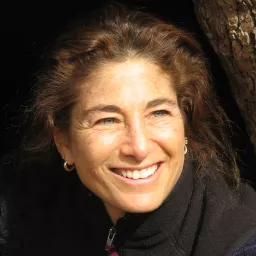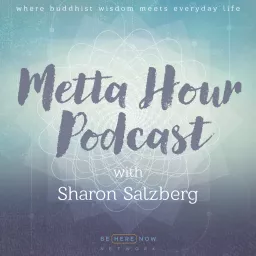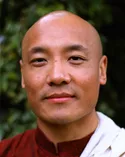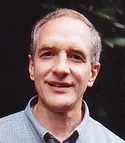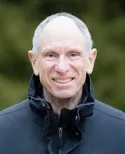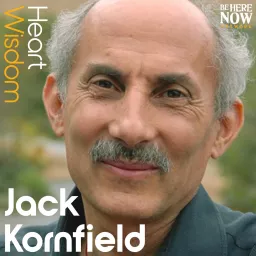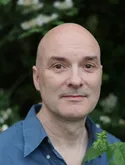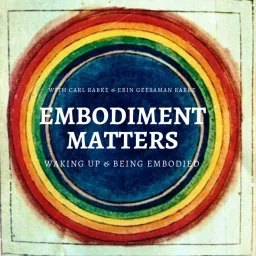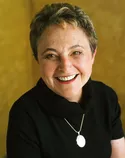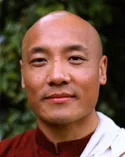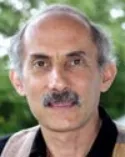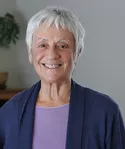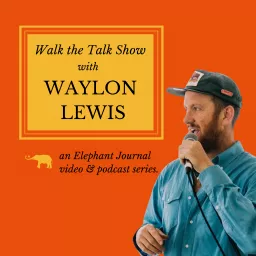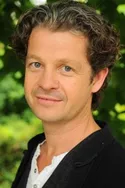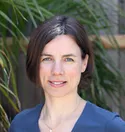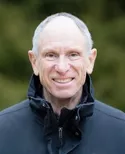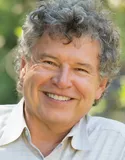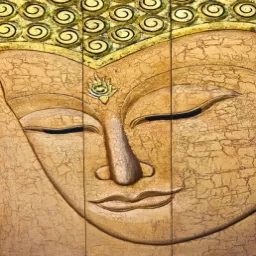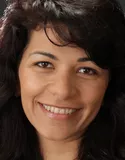Christina Feldman's most recent Dharma talks (Dharma Seed)

What I teach is a reflection of the constantly changing nature of my own practice. When I give a talk it is not a set agenda, but something that I've been reflecting about. The talks tend to be in rhythm with my own practice. At the moment, I'm reflecting on the interplay of the personal and the non-personal, on aloneness and intimacy, on emptiness and embodiment. This process of reflection is a slow one. I hold a question in the background of my consciousness and then prepare to be surprised, to see what actually arises. I enjoy the dharma a great deal. I try to convey that meditation practice is not a pathway of endlessly overcoming obstacles, but also a path of tremendous joy. It brings a great deal of profound truth to people's ability to find happiness. I have great faith in the Dharma, and a bottomless faith in people's capacity to be wise. The ancient traditions of Buddhism are as relevant today as they were 2,500 years ago because people's capacity for getting themselves into trouble, for confusion, alienation and separation is not so different from Buddha's time. Vipassana, then and now, offers people an opportunity to transform themselves, and in so doing, transform the world around them.


